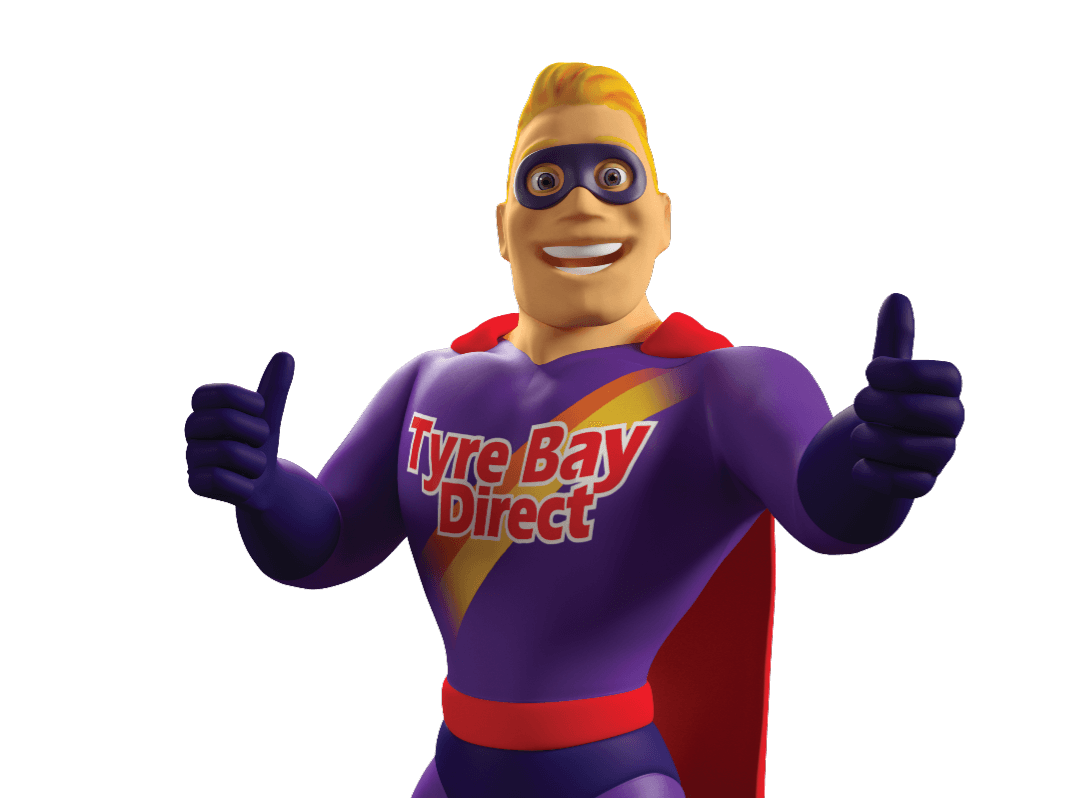Nitrogen Tyre Inflation
Nitrogen Tyre Inflation
How Can We Help?
Nitrogen inflation has been in use since 1992 as a result of a research programme into an onsite nitrogen production facility to replace the high pressure nitrogen bottles that were being used in Formula 1 grand prix.
Since its successful launch Uniflate continue to be the sole supplier to the Formula 1 industry but also now provide systems to garages and fast fit tyre centres around the UK as more commercial vehicles and LGV’s are now fitted with nitrogen tyres.
Used in commercial cars and LGV’s throughout the UK the Uniflate Nitrogen tyre inflation system improves not only safety and road handling performance but also increases the life of your tyres.
Why do we need Uniflate Nitrogen?
Sussex Police force, in the United Kingdom, carried out a roadside survey to check tyre pressures due to their concern with incorrectly inflated tyres. The check allowed a +/- 5psi tolerance against recommended handbook pressures.
The results of the survey were that 73% of all cars checked had incorrect pressures
Police also check the tyre pressures of every car involved in a road traffic accident in the UK. This data shows that 86% of vehicles involved in road traffic accidents have incorrect tyre pressures.
Tyres that are under inflated by just 20% (4-6 psi) on average can add £2,600 to a fleet tyre bill that should be £10,000. This is a 26% increase in cost. According to police figures 73% of tyres checked were 5 psi out against handbook pressures.
It is estimated that under-inflation of 20% can cause fuel costs to rise by 5%.
Compressed air contains Water, Water vapour and Oxygen This attacks the wheel rims and shortens the useful life of the rubber.
Why do all tyres lose pressure?
Certain components namely Oxygen, water vapour and free water that are found in compressed air are prone to permeation through the tyre structure. This is not from faulty valves or leaky rims but a natural pressure loss across the tyre and into the atmosphere. Of these components, both water vapour and free water can enter the tyre in varying amounts. This is true even if tyres are inflated with the same gauge on the same day. Compressed air is not a specified gas and as such will always contain varying amounts of these components that are not suitable for tyre inflation.
The Difference between Uniflate and Compressed Air
The Uniflate System carries out in milliseconds what happens in every tyre over a period of months. By filtering out the ‘active oxygen’ and water / water vapour the Uniflate product provides the tyre with a stable inflation mixture that has no desire to permeate (leak) out through the tyre’s structure.
How the Uniflate System Works
Uniflate is not made but harvested. Everything that is needed to make Uniflate is already in the atmosphere around us. All the Uniflate equipment does is separate out the ideal gases for tyre inflation and releases the ones that aren’t, back into the atmosphere.
The Membrane; Hollow Fibre Membranes, which use proprietary technology and the principles of permeation to provide a guaranteed reliable supply of nitrogen gas. Compressed air enters the membrane core and passes through the bundles of hollow fibre. The faster gases (water, carbon dioxide, oxygen and argon) permeate through the walls of the fibre and are removed. Nitrogen, being a slow permeating gas has a greater resistance when trying to pass through the fibre walls, and continues through the hollow fibre to be collected and supplied by our system for the use of tyre inflation. All we have done is remove those elements of Compressed air that are undesirable for tyre inflation.

